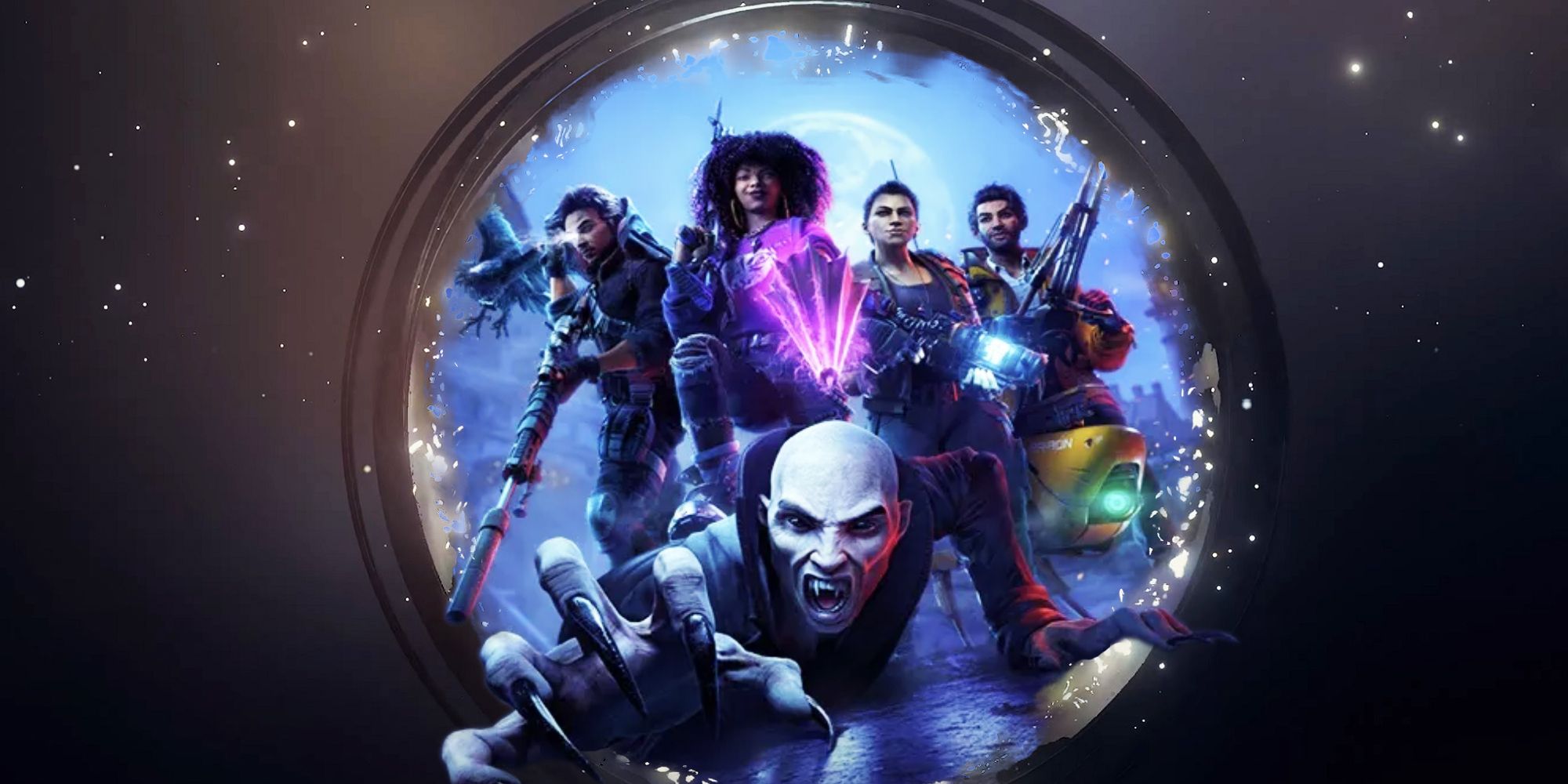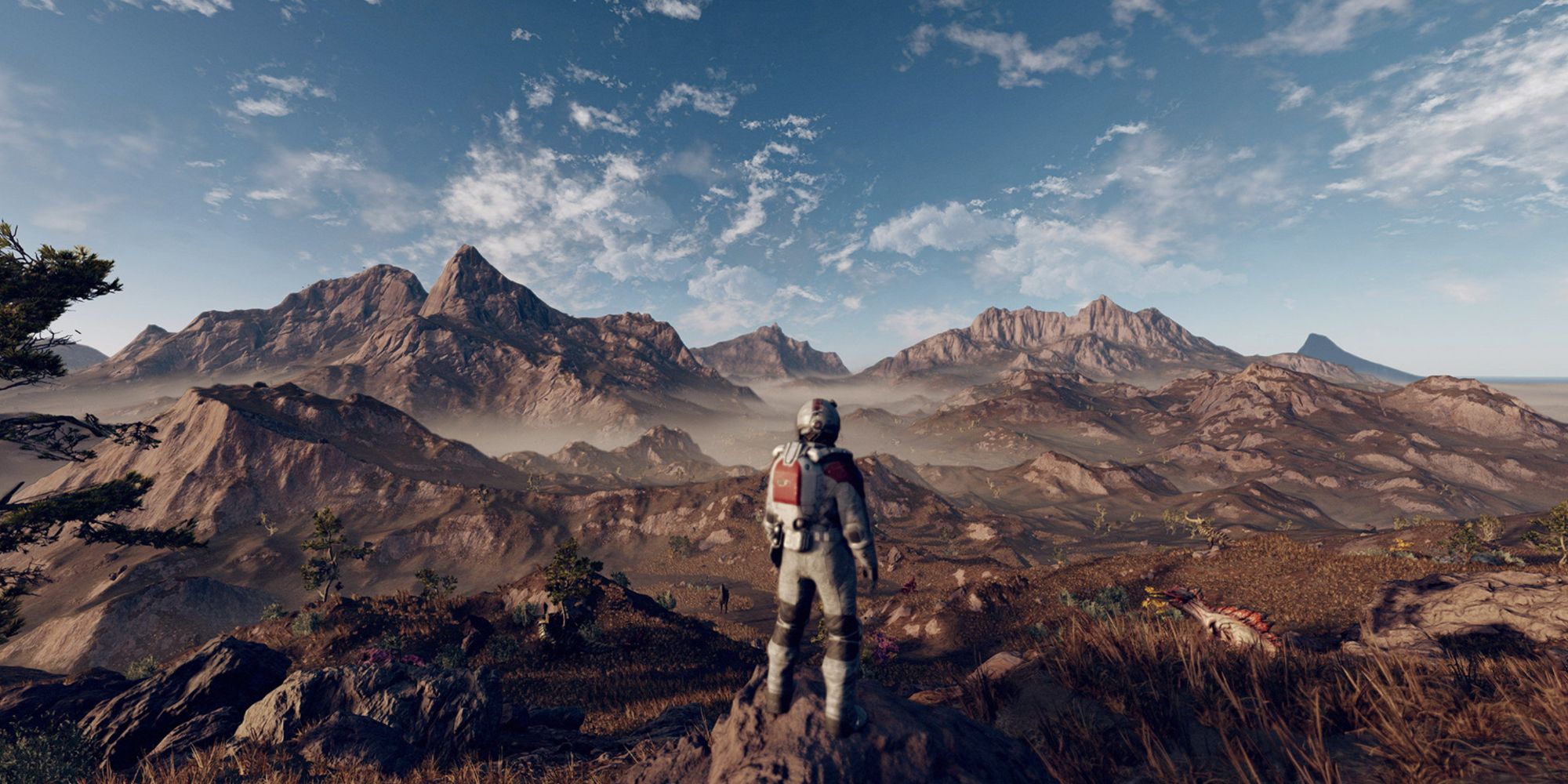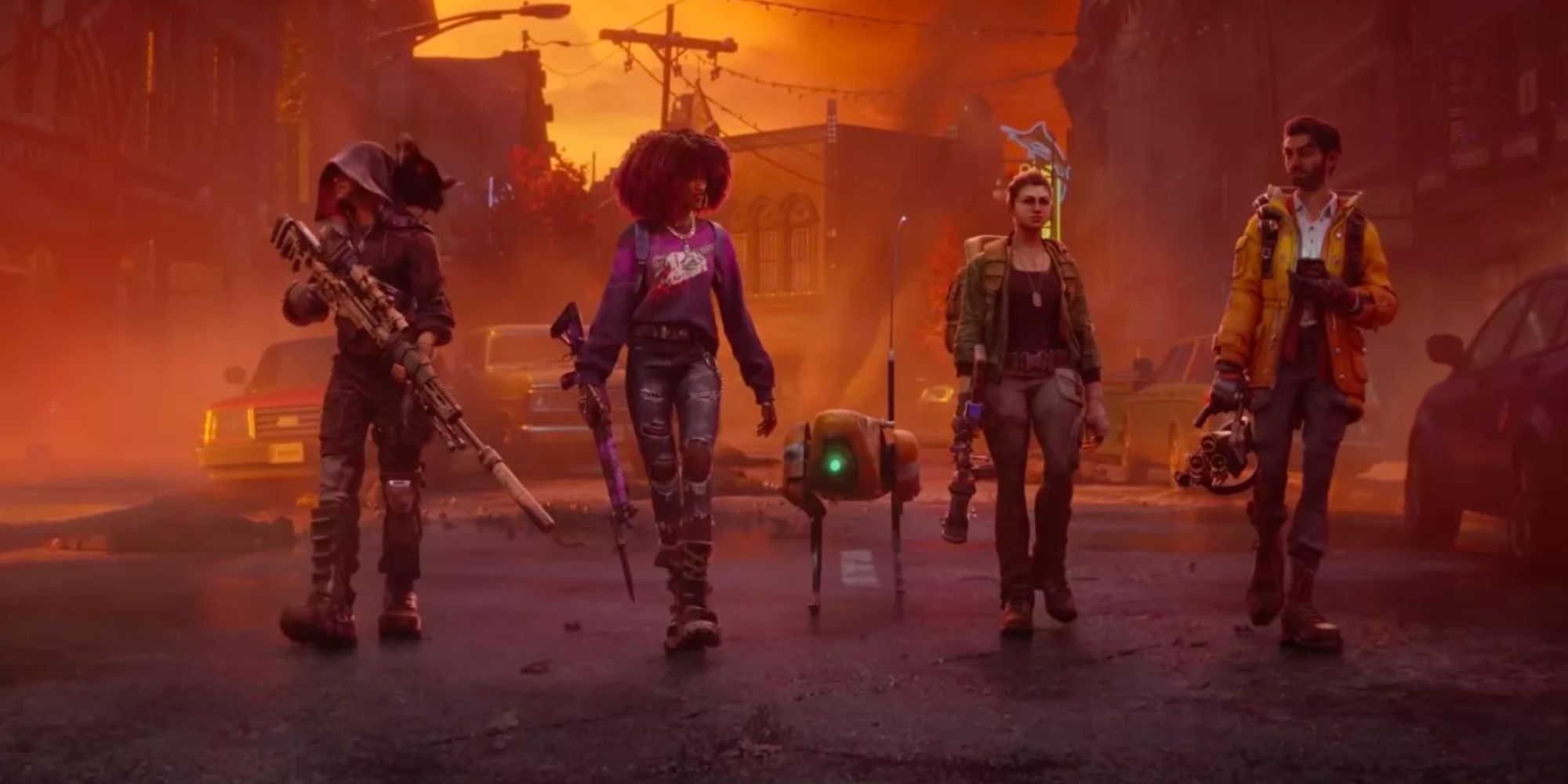Starfield is coming in September. After years of development and countless delays, the next big project from the minds behind The Elder Scrolls and Fallout is finally (almost) ready. Not only is it Bethesda Game Studios’ first new IP in decades, it’s also a flagship release for the Xbox brand and a means to salvage a rocky few years that have been spent lurching miles behind the competition. It needs to come out swinging, but what happens if it screws up?
Bethesda games - especially its sprawling RPGs - are infamous for their buggy launches. In previous years we’ve considered this part of the charm, laughing away dodgy physics and dead-eyed NPCs as features of the experience, knowing that massive patches or mods from fans will make everything alright. Gamers have become more fickle since the simpler times of 2011 though, evidenced in Fallout 4’s average reception and a tired reaction to endless Skyrim ports and re-releases. We are ready for the changing of the tide, whether that comes in a groundbreaking blockbuster that evolves this genre forever or falls flat on its face in a showcase of unrivalled hubris. Either could happen.
The wait for Starfield has been a long one, and to have it paired with the premature reveal of Elder Scrolls 6 and Microsoft’s acquisition of Bethesda has turned it into an unwitting mascot of sorts. It’s the big one, a game so vast, expensive, and unknowable in its scale that there is no possible way it could ever fail. Most of the past games from this developer are beloved (we seem to have forgiven and forgotten Fallout 76), and why wouldn’t we be excited about a spacefaring adventure that leaves all previous expectations at the door? But even before Xbox got involved, Starfield was always going to bear the brunt of needing to change an archaic formula and maintain the relevance of its creators who have ridden on the coattails of safe success for several decades now.
\My anticipation has grown in recent months, and I felt ready for another game like this after so long away from them. Yes, it might follow the strict formula of past efforts in its bland character animations and lightweight gunplay, but the real magic would sit in all the stories these planets had to tell and how I’d come to create my own galactic explorer. Then Halo Infinite came along and dampened my spirits a little bit. Hi-Fi Rush sprung out of nowhere to pick them right up again. Sadly, this happiness was punched back down with Redfall’s spectacularly mediocre arrival which has gone so badly that I’m expecting a comprehensive report on what exactly went down at Arkane Studios for it to go so wrong.
Not only is Redfall a failure from a studio otherwise renowned for immersive masterpieces thanks to how it focuses on modern trends in defiance of innovative design, its biggest problem is that it just doesn’t work. It is rotten to the core, and was meant to be one of the few worthwhile exclusives Xbox could call its own this year. Without that, all we have left besides the safe bet of Forza is Starfield, and maybe Hellblade. So much
rests on the RPG’s shoulders now, and looking back at Xbox’s past behaviour I fear it is once again going to come in too hot and risk its own destruction.
Microsoft must know this though, resolute in the fact that Starfield is too big to fail, and will have to stomach any and all necessary delays to ensure it not only arrives without glitches and bugs, but can single-handedly change the perception of Xbox in ways it’s in desperate need of right now. If it doesn’t, I don’t know what happens next. Fable is likely several years away, Unavowed and The Outer Worlds 2 are very similar games, while Perfect Dark and Everwild are going through their own troubles we can’t even quantify right now. You either make a sustained splash with Starfield or continue on this path where the chances to get it right are running out faster than we could have expected. Starfield’s success would buck a trend for the platform holder, now held hostage by a service-based exclusivity and a bunch of additional baggage that isn’t going to help its already precarious chances.
I don’t want Starfield to be a disaster, and Microsoft seems to be mitigating that outcome in every way it can. Still, when you look at how all the previous pieces have fallen, you can jump to some damning conclusions. I’m cautiously optimistic, but bracing myself for the worst.



